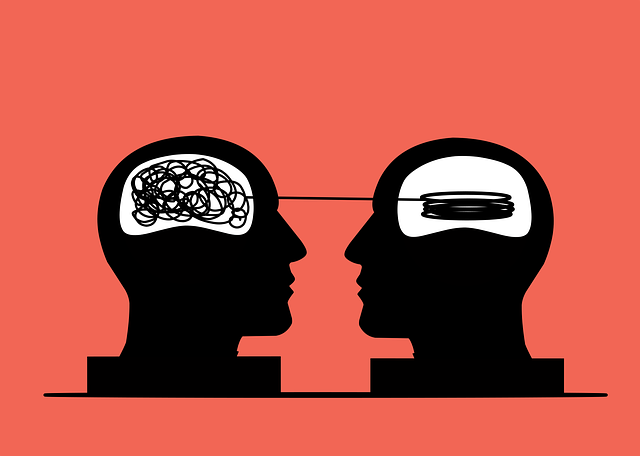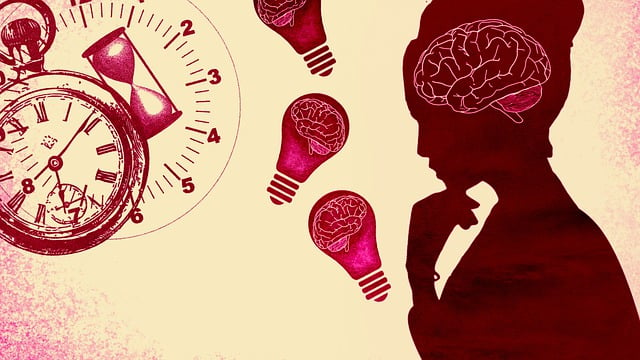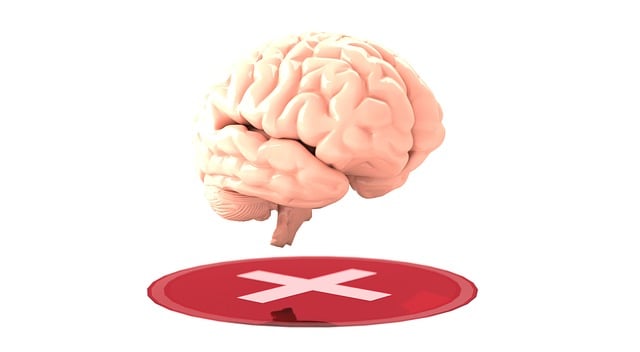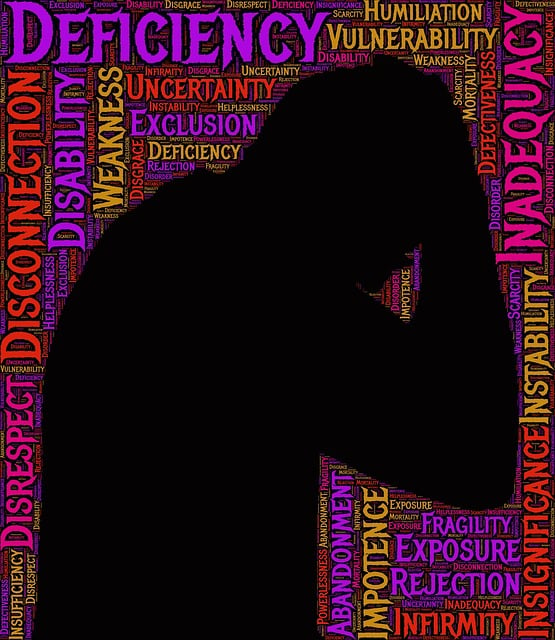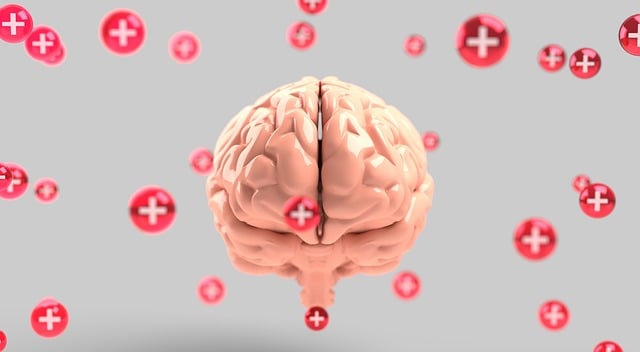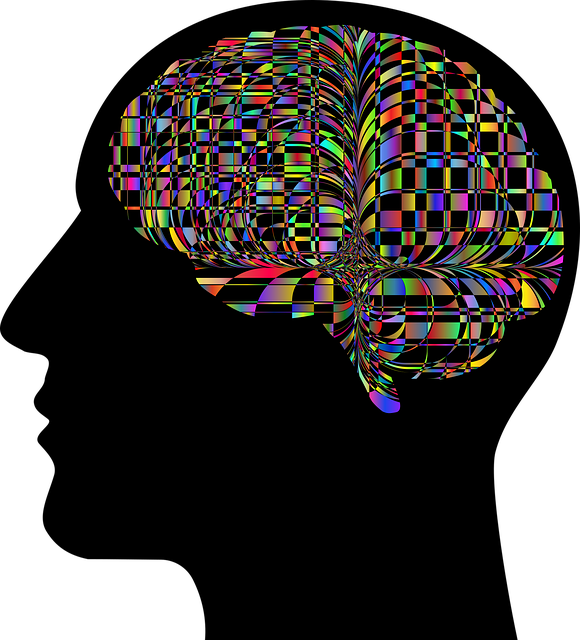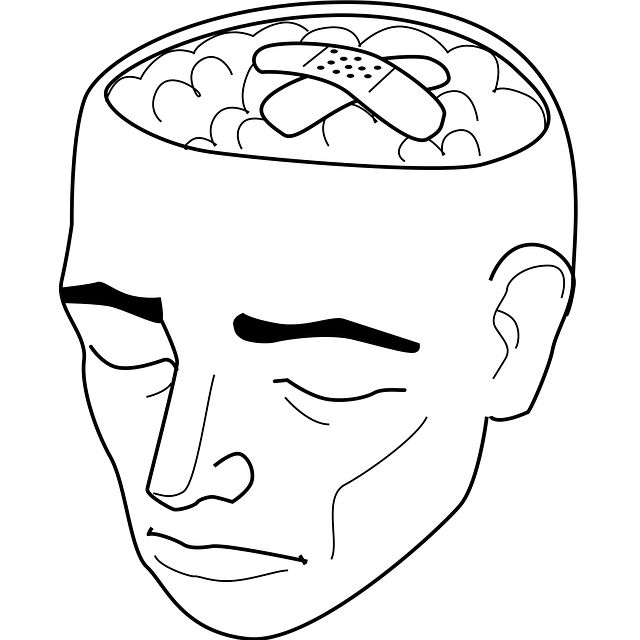The Northglenn Biofeedback Therapy Program prioritizes community-driven mental health education by assessing local needs, focusing on stress management and emotional well-being. Using surveys, focus groups, and data analysis, the program aligns its goals with residents' specific requirements. By combining evidence-based practices with interactive learning, the curriculum empowers participants with practical mental health knowledge. Northglenn Biofeedback Therapy's multi-faceted approach includes workshops and empathy-building strategies to create supportive environments, fostering open conversations about mental wellness. The program's success is measured through participant feedback and behavioral changes related to self-care and help-seeking behaviors.
In the heart of Northglenn, a pioneering mental health education program is taking shape, focusing on biofeedback therapy. This initiative aims to address community needs by promoting mental wellness through evidence-based practices. The article delves into the strategic design of this program, exploring how interactive learning experiences enhance its effectiveness. We assess the goals set for Northglenn Biofeedback Therapy and present implementation strategies along with evaluation metrics to ensure optimal impact on mental health awareness and resilience within the community.
- Assessing Community Needs and Identifying Goals for Northglenn Biofeedback Therapy Program
- Curricular Design: Integrating Evidence-Based Practices and Interactive Learning Experiences
- Implementation Strategies and Evaluation Metrics for Optimal Impact on Mental Health Awareness
Assessing Community Needs and Identifying Goals for Northglenn Biofeedback Therapy Program

In designing a Northglenn Biofeedback Therapy Program focused on mental health education, assessing community needs is paramount. This involves understanding the unique challenges faced by residents, including high-stress levels from bustling urban life and potential burnout prevention concerns. Through surveys, focus groups, and data analysis, community members can articulate their specific requirements for improving emotional intelligence and overall well-being. This bottom-up approach ensures that the program’s goals align with the most pressing local needs.
The Northglenn Biofeedback Therapy Program aims to foster a mental health environment that promotes resilience, enhances emotional regulation skills, and encourages open dialogue around sensitive issues. Given the complex interplay of individual and community factors affecting mental health, integrating insights from Mental Health Policy Analysis and Advocacy can help tailor interventions effectively. By setting clear goals such as increasing awareness about biofeedback techniques for stress management and improving access to evidence-based practices, the program seeks to contribute to a vibrant and supportive mental health ecosystem in Northglenn.
Curricular Design: Integrating Evidence-Based Practices and Interactive Learning Experiences

Curricular design plays a pivotal role in shaping effective Mental Health Education Programs Design. To ensure comprehensive learning, the curriculum should seamlessly integrate evidence-based practices and interactive learning experiences. This blend fosters practical knowledge application and deep understanding among participants. For instance, incorporating techniques like Northglenn Biofeedback Therapy offers hands-on exposure to alternative treatment methods, enhancing mental health awareness and empowering individuals to take charge of their well-being.
Cultural sensitivity in mental healthcare practice is another critical aspect to be woven into the fabric of the curriculum. By promoting inclusive learning environments and addressing diverse cultural perspectives, these programs can better cater to a wide range of learners. This ensures that Mental Health Awareness initiatives resonate with individuals from various backgrounds, fostering genuine engagement and lasting impact.
Implementation Strategies and Evaluation Metrics for Optimal Impact on Mental Health Awareness

Implementing a mental health education program requires careful strategy and evaluation to ensure optimal impact on Mental Wellness awareness and improvement. Northglenn Biofeedback Therapy advocates for an integrated approach, combining educational workshops with practical Empathy Building Strategies. This multifaceted method allows for deeper understanding and engagement among participants, fostering a supportive environment where open conversations about mental health can thrive.
Evaluation Metrics play a crucial role in measuring the program’s success. These metrics could include participant feedback surveys to gauge knowledge gain and attitude shifts, as well as post-program tracking of behavioral changes related to self-care practices and help-seeking behaviors. By utilizing these strategies, Northglenn Biofeedback Therapy aims to not only increase Mental Health Awareness but also to empower individuals with the tools and confidence to navigate their mental wellness journeys effectively.
The Northglenn Biofeedback Therapy program, through a meticulously designed curriculum integrating evidence-based practices and interactive learning experiences, aims to significantly enhance mental health awareness and improve community well-being. By assessing local needs and setting clear goals, this initiative ensures a targeted approach. Effective implementation strategies and evaluation metrics will enable continuous improvement, fostering a healthier Northglenn community. This program serves as a model for promoting mental wellness through innovative educational practices.

